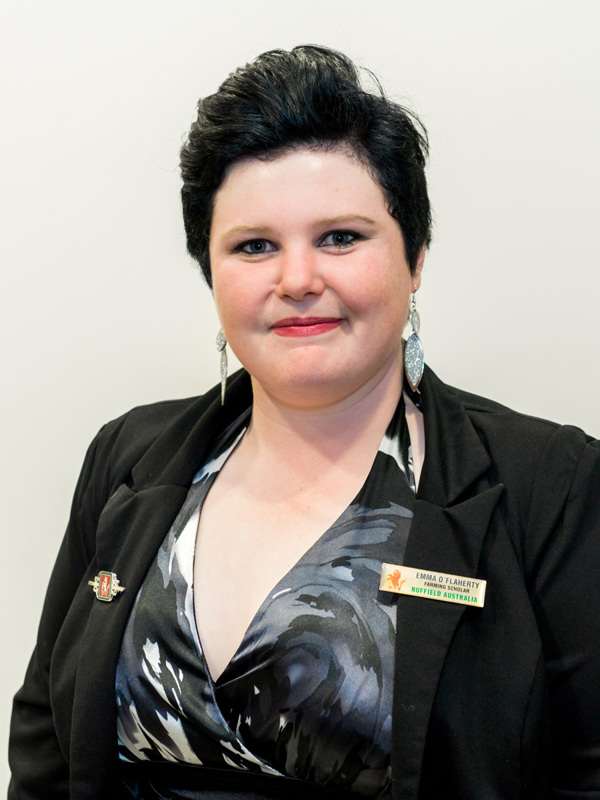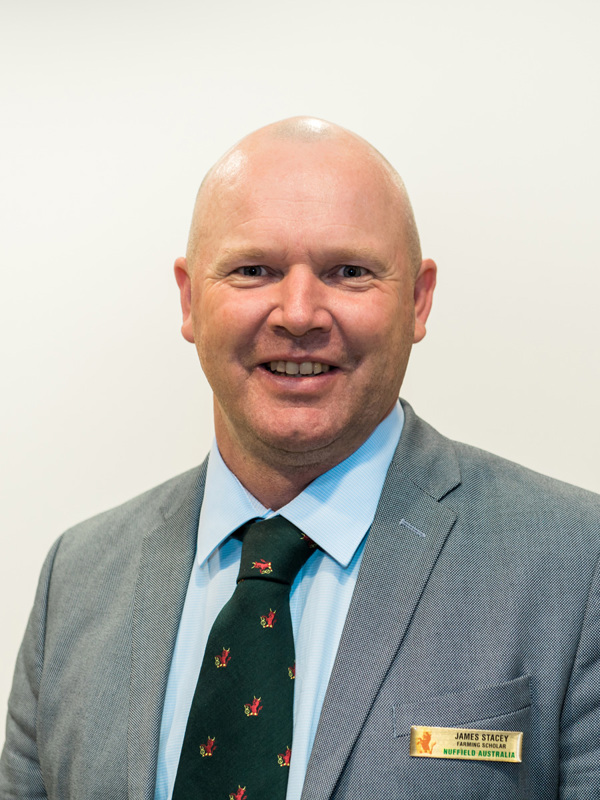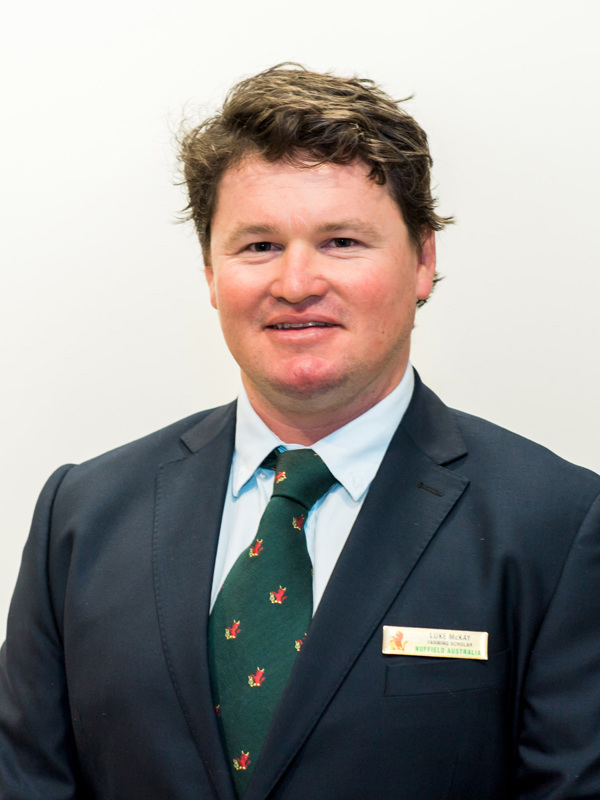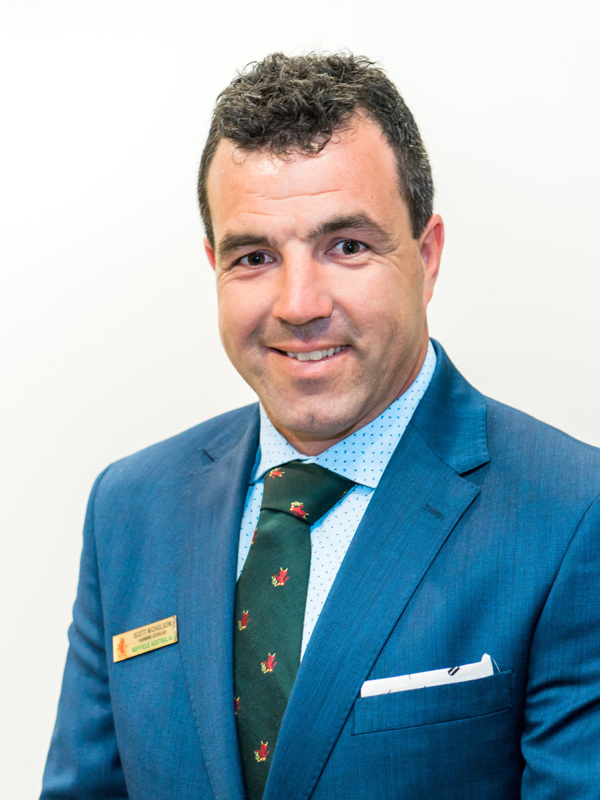
Colin Burnett
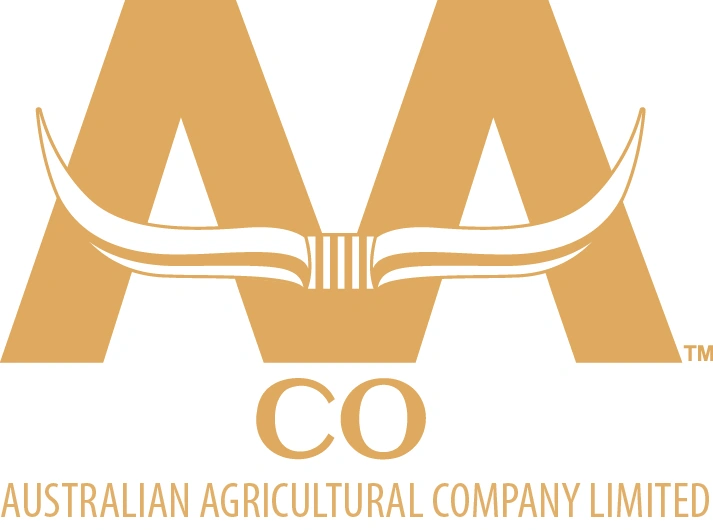
Nuffield Australia 2018 Scholar
Boosting the prosperity of Queensland’s beef businesses
The beef industry in north west Queensland (NWQ) faces serious challenges to its prosperity unless a greater emphasis is placed on basic business principles, intellectual capital, environmental sustainability and global markets. That’s according to 2018 Scholar, Colin Burnett. A fourth-generation beef producer, Mr Burnett and his family own and operate an 83,000-hectare beef cattle enterprise spread across properties at Julia Creek and Richmond, QLD.
Following the passing of his father in 2016, Mr Burnett was forced to take on a greater management responsibility in the business. Wanting to improve some of the identified weaknesses in the business, he used his scholarship to identify pathways to prosperity for the NWQ beef sector. With support from Consolidated Pastoral Company, AACo and ANZ Bank, Mr Burnett travelled across New Zealand, the Netherlands, the United Kingdom, Europe, Asia, and the United States visiting producers and identifying key features of sustainable, prosperous businesses.
“Globally, I observed far too many businesses that were focused on production instead of profit. In northern Australia, it costs an average of AUD$2.10 per kilogram liveweight to produce beef, and a focus on this figure will drive greater profitability. Visiting Ryan Farms, a diversified red meat and dairy business in Southland, New Zealand, I saw ways that profitable decision making had helped the owners expand from 120 to 2,830 hectares in just two decades. The prioritisation of income producing assets like land, and avoidance of depreciating assets like machinery and housing, has helped drive long-term business profitability. Growing shareholder wealth in this way should be the primary focus for all new projects and will ensure business viability and profitability into the long-term.”
Mr Burnett’s also researched different financial management strategies to boost business profitability in the face of volatile global markets and seasonal conditions. Analysing a high intensity pork, beef, corn and soybean operation in central Iowa, USA, provides an example of a business performing well in the face of commodity price volatility.
“At Meier Farms, the business owner normally sells half of his corn crop at a higher price before harvest, then a quarter during harvest and the rest post-harvest. He also uses forwards, futures and straight hedges to lower his risk of having to pay exorbitantly high prices for inputs like grain, and has the storage facilities necessary to house them. Beef businesses in NWQ are also exposed to highly volatile commodity prices and learning to deal with this volatility is key to business survival. Financial instruments like forwards, futures and options are all available as options for minimising risk and maximising profit. This management style provides more options and reduces the risk of forced buying and selling. While it’s impossible to predict market demand for a product, like fodder, it is possible to predict how much of an input commodity you might need, give or take 50%.”
Ultimately Mr Burnett’s research suggests there are both numerous challenges and opportunities on offer for the NWQ beef sector, and that there is no silver bullet for long-term prosperity.
“By focusing on controlling a few key elements like profitability, market volatility and investment to drive long-term shareholder wealth, the NWQ beef industry will be better place to secure a significant and prosperous future,” Mr Burnett said.
Investor Information:
Australian Agricultural Company Ltd, Consolidated Pastoral Company and ANZ Bank






